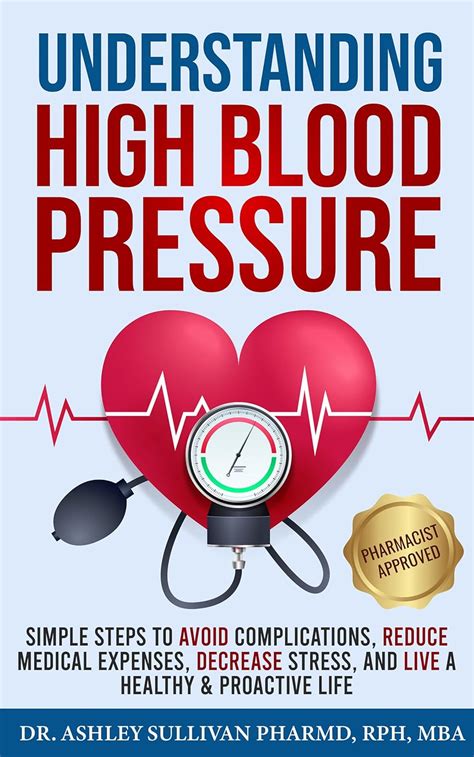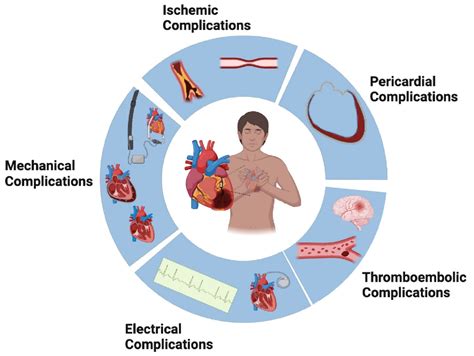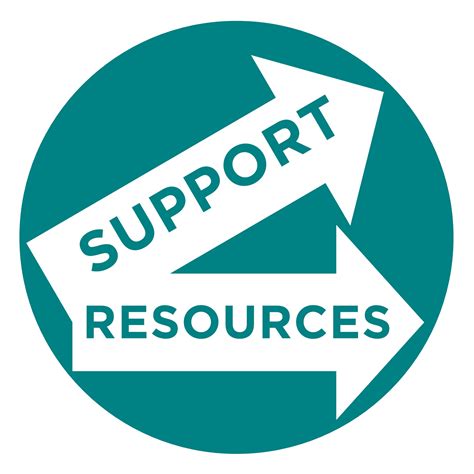Intro
High blood pressure in pregnancy is a significant health concern that affects many women worldwide. It is a condition characterized by elevated blood pressure readings during pregnancy, which can lead to serious complications for both the mother and the baby. High blood pressure in pregnancy can be a life-threatening condition if left untreated or poorly managed. According to the American College of Obstetricians and Gynecologists (ACOG), high blood pressure is one of the leading causes of maternal and fetal morbidity and mortality. Therefore, it is essential to understand the causes, symptoms, diagnosis, and management of high blood pressure in pregnancy to ensure the best possible outcomes for both the mother and the baby.
High blood pressure in pregnancy can be caused by various factors, including pre-existing hypertension, kidney disease, and certain medical conditions such as preeclampsia. Preeclampsia is a condition characterized by high blood pressure and protein in the urine, which can lead to serious complications such as seizures, stroke, and organ failure. Other risk factors for high blood pressure in pregnancy include obesity, family history, and age over 35. Women who have had high blood pressure in a previous pregnancy are also at increased risk of developing it again in subsequent pregnancies.
The symptoms of high blood pressure in pregnancy can be subtle and may not always be noticeable. Some women may experience headaches, vision changes, and swelling in the feet and hands, while others may not exhibit any symptoms at all. This is why regular prenatal check-ups are crucial to monitor blood pressure and detect any potential issues early on. If left untreated, high blood pressure in pregnancy can lead to serious complications, including preterm birth, low birth weight, and stillbirth. It can also increase the risk of maternal complications, such as stroke, heart attack, and kidney damage.
Understanding High Blood Pressure in Pregnancy

Causes and Risk Factors
The causes of high blood pressure in pregnancy are not fully understood, but several risk factors have been identified. These include: * Pre-existing hypertension * Kidney disease * Family history of high blood pressure * Age over 35 * Obesity * Multiple pregnancy (carrying twins or triplets) * History of high blood pressure in a previous pregnancyDiagnosis and Monitoring

Management and Treatment
Managing high blood pressure in pregnancy involves a combination of lifestyle changes and medical treatment. Lifestyle changes may include: * Maintaining a healthy weight * Engaging in regular physical activity * Eating a balanced diet * Reducing stress * Getting enough sleep * Avoiding certain medications and substancesMedical treatment may involve prescription medications to lower blood pressure, as well as close monitoring of the condition to prevent complications.
Complications and Risks

It is essential to work closely with a healthcare provider to manage high blood pressure in pregnancy and prevent these complications.
Prevention and Lifestyle Changes
While it is not possible to completely prevent high blood pressure in pregnancy, certain lifestyle changes can help reduce the risk. These include: * Maintaining a healthy weight * Engaging in regular physical activity * Eating a balanced diet * Reducing stress * Getting enough sleep * Avoiding certain medications and substancesTreatment Options

It is essential to work closely with a healthcare provider to determine the best course of treatment for high blood pressure in pregnancy.
Medications and Interventions
Certain medications and interventions may be used to manage high blood pressure in pregnancy. These may include: * Antihypertensive medications * Corticosteroids to promote fetal lung maturity * Bed rest or hospitalization to reduce stress and promote fetal well-beingSupport and Resources

It is essential to work closely with a healthcare provider to determine the best course of treatment and to access any necessary support and resources.
Conclusion and Next Steps
High blood pressure in pregnancy is a significant health concern that requires careful management and monitoring. By understanding the causes, symptoms, diagnosis, and treatment options for high blood pressure in pregnancy, women can take steps to reduce their risk and ensure the best possible outcomes for both themselves and their babies. If you are experiencing high blood pressure in pregnancy, it is essential to work closely with your healthcare provider to develop a personalized treatment plan and to access any necessary support and resources.What are the symptoms of high blood pressure in pregnancy?
+The symptoms of high blood pressure in pregnancy can be subtle and may not always be noticeable. Some women may experience headaches, vision changes, and swelling in the feet and hands, while others may not exhibit any symptoms at all.
How is high blood pressure in pregnancy diagnosed?
+Diagnosing high blood pressure in pregnancy involves taking blood pressure readings at regular prenatal check-ups. A blood pressure reading of 140/90 mmHg or higher is considered elevated, while a reading of 160/110 mmHg or higher is considered severe.
What are the treatment options for high blood pressure in pregnancy?
+Treatment options for high blood pressure in pregnancy may include lifestyle changes, prescription medications, close monitoring of the condition, and fetal monitoring to ensure the baby is not at risk.
We hope this article has provided you with a comprehensive understanding of high blood pressure in pregnancy. If you have any further questions or concerns, please do not hesitate to reach out to your healthcare provider. Additionally, we invite you to share your experiences and thoughts on this topic in the comments section below. By working together and sharing our knowledge and experiences, we can promote better health outcomes for women and babies affected by high blood pressure in pregnancy.
